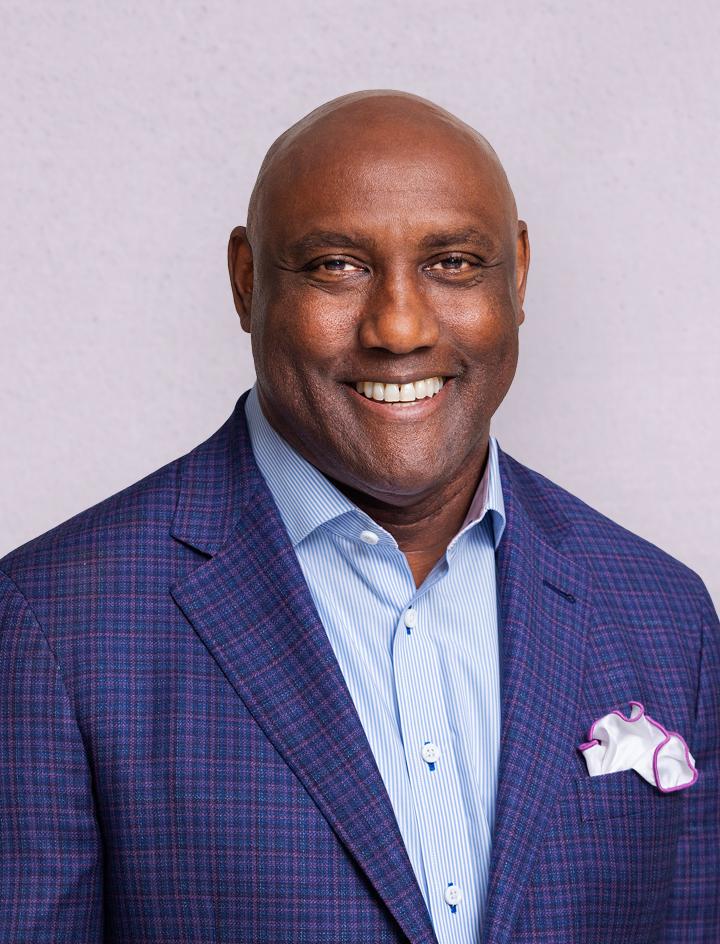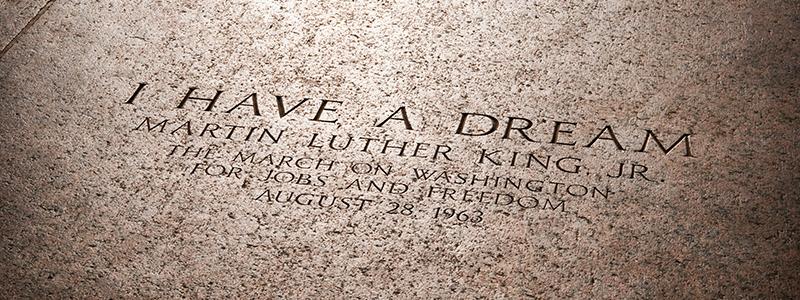The Critical Role of Sponsorship in the Pursuit of Economic Justice
We pay respects to the late Dr. King, who recognized service as a means to strengthen communities.
The Critical Role of Sponsorship In The Pursuit of Economic Justice
Author

CAP®
Subscribe to Newsletter
Related Posts
FinServe Network Convenes for 2025 Summit
View DetailsJanuary 14, 2022
On Monday, America will honor the birthday of Martin Luther King, Jr. with a federal "day on, not off" for millions of Americans. Around the country, people will gather and volunteer to pay their respects to the late Dr. King, who recognized service as a means to bring people together and strengthen communities. Dr. King also recognized the importance of having mentors to help remove obstacles and bridge divides. This MLK Day, I invite you to explore the opportunity of serving - not only for a day but for a lifetime - as a sponsor.

Dr. King relied on his mentors to help him identify opportunities for growth in his strategy and guidance in advancing the civil rights movement. One of them was Ralph Bunche, an American political scientist, diplomat, and the first African American to receive the Nobel Peace Prize for arranging a cease-fire between Israelis and Arabs in the Palestine conflict. Bunche advised Dr. King to work hard toward actionable steps, avoid being too critical and always in the public's eye, and welcome disparate views before making a final decision.
Different times may call for different measures. Bunche's advice to Dr. King to "lay low" may not be what he would advise today, yet his wisdom was invaluable and based on his experience in Washington. Having the advice of those who have gone before is critical in navigating unknown territory.
For Black mid-level executives, the unknown territory is the senior level of financial services organizations. The ability to be introduced to and build connections with senior executives is significant to those pursuing career advancement. Yet how do you advance if you cannot connect with those who have successfully gone before?
Implicit racial bias embedded deep within organizations has too often obstructed the ability for Black professionals to gain access to the highest levels within organizations. Black executives have not benefited from advocates vouching for their value, contributions, and promise, nor have they been able to form the relationships needed to glean insights for maneuvering organizational politics. Both serve as catalysts for promotion–and this is where mentorship shows its limits.
Mentorship is needed for advice; sponsorship is needed for advancement. Sponsors invest much deeper in relationships with their proteges by consistently guiding their professional development and advocating for their success.
In March, the Center for Economic Empowerment and Equality will conduct its first Black Executive Leadership Program, with a primary purpose of advocating for the success of the mid-level executives who will make up the program's fellows. The program's success relies heavily on a commitment from senior-level executives, serving as sponsors, to assist in the fellows' professional development and advocate for their advancement. The program helps build long-lasting relationships that will work to advance Black professionals and expand the perspectives of senior-level executives.
I look forward to sharing more about the Black Executive Leadership Program in the months ahead. Together, we can turn Dr. King’s dream of social and economic justice for Black Americans into reality.
Related Posts
FinServe Network Convenes for 2025 Summit
View Details